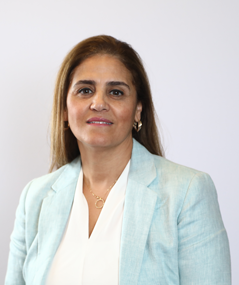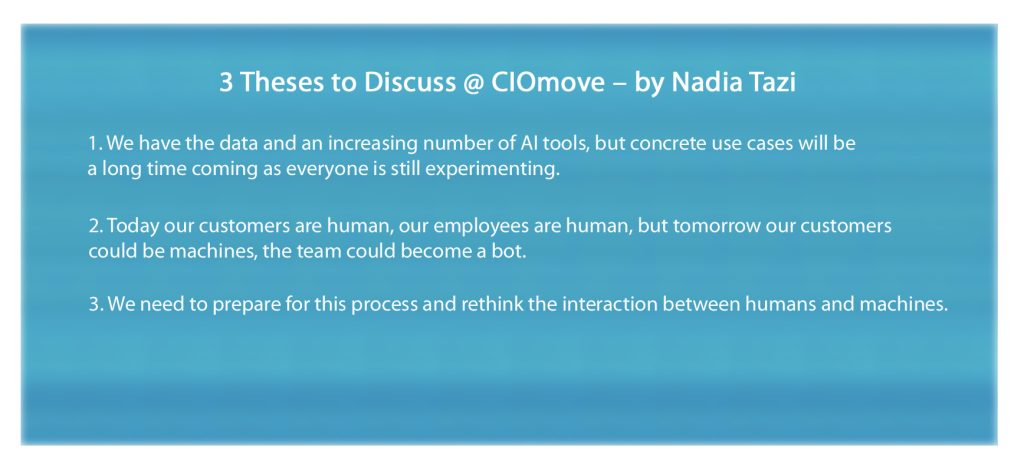
In the vibrant city of Tangier, Morocco, sits a Renault Group plant known not only for its cars, but also for its rather unique approach to emissions: The plant has been designed to operate with zero emissions, a rare achievement for an automobile manufacturer that demonstrates the complex balance between industrial progress and environmental concerns.

Renault’s Tangier plant began operations in 2012 and now employs more than 6,000 people. Nadia Tazi, IS/IT Director for Africa, Middle East and India at Renault as well as regular CIOmover, gave us an interesting insight into Renault’s experience with Metaverse and her view of the current skilled labor situation in Morocco.
Leveraging Digital Twins for Efficiency
According to Nadia the use of digital twins and the creation of the Metaverse is one of the most important technological advances at the Tangier plant since its foundation. Using digital representations of various physical assets, the plant is able to carry out performance analyses, simulate processes, and optimize energy consumption. The collection of a large amount of operational data in the Metaverse also allows Renault to make pragmatic use of Augmented Reality (AR) to help troubleshoot and maintain complex machines. Within a few minutes, an expert from another plant is connected via an AR headset and can instruct the employee in Tangier. “For us, the Metaverse is about creating a virtual mirror of our operations, allowing us to fine-tune our processes in real-time,” Nadia explains.
The collection of data is essential not only for the effective use of the Metaverse, but for the entire manufacturing process. “Without data, we cannot manufacture, we cannot make the right decision at the right time,” says the IT director. However, the aim is not to collect data across the board, but to filter and process the relevant data. Data organization therefore remains a key factor that must be continuously refined and taken into account.
Talent Retention and Workplace Culture
In terms of the IT workforce in Morocco, Nadia highlights the challenge of retaining local talent who often seek opportunities abroad. Renault’s response is to offer interesting projects and a progressive work culture. “For example, we offer the opportunity to work from home. Up to three days a week, which is something completely new in Morocco,” Nadia points out. It is also possible for employees in Tangier to temporarily transfer to a Renault plant in France – for example, to be trained there, to receive advanced training or to get to know the company and local culture better.
Renault is also working to increase gender diversity, both in IT and throughout the plant, so that women are represented more. For example, there is a gender quota that must be met when recruiting new employees.
The Future of IT and Industry
When asked about Renault’s approach to cybersecurity in Tangier, Nadia refers to the measures taken to protect the plant, which meet strict European standards. “We have a comprehensive cyber defense program, which is also regularly audited,” says Nadia. The IT director remembers the days when the Tangier plant did not have an independent Internet connection. “Now we rely on it, but that also means we have to ensure the highest level of security.”
Looking ahead, Nadia believes that making data ready for AI applications is one of the most pressing tasks. “It’s all about the data now – organizing it, making it actionable, and ensuring it’s AI-ready,” she states. Nadia anticipates a future where the interaction between humans and machines will become increasingly significant, potentially altering the landscape of the industry workforce. According to her, the Renault plant in Tangier is an example of how IT is not only supporting but actively shaping the future of automotive production, with a clear vision for a connected and more efficient industrial environment.
This year at CIOmove@Morocco, Nadia Tazi will guide the participants through Renault’s Tangier plant, giving them an insight into the plant’s zero-emission operation and demonstrating multiple Metaverse use cases.
